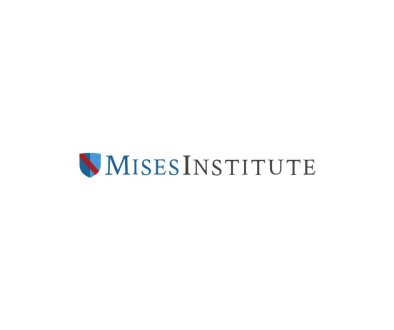88 Problems for Kurt Lash
On February 24, 2025, Kurt Lash posted 8 pages on SSRN. It was an introduction to a work-in-progress about the original public meaning of the Citizenship Clause. Lash stated his intention to challenge a scholarly consensus which spans the ideological and methodological spectrum, asserting that “children born in the United States to noncitizen parents who intentionally refuse to comply with the legal requirements for entry into United States” are not constitutionally entitled to citizenship. He gave assurances that although the paper was still in production, it would be “written with all deliberate speed.”
We now have 80 more pages. Lash has described the resulting 88 as a “completed article.” I expect Lash’s paper to be the leading academic defense of the constitutional position articulated in President Trump’s January 20, 2025 executive order, “Protecting the Meaning and Value of American Citizenship” (“EO”). The EO purports to end birthright citizenship for the children of people who have entered the country unlawfully (“unlawful entrants”), as well as the children of temporary visitors. Lash’s status as one of the leading Fourteenth Amendment scholars in the country compels careful attention to his arguments.
What follows will be overwhelmingly critical. But I want to begin by giving credit where it is due. Lash prudently distances himself from two other kinds of pro-EO arguments that have been advanced in recent months and which I will engage in subsequent posts. The first argument turns on a supposed requirement that the parents of birthright citizens be “domiciled” in the United States. The second turns on a claimed need for reciprocal consent on the part of the parents and the polity: The parents, to allegiance to the sovereign; the sovereign, to the protection of the parents.
Lash acknowledges that requiring reciprocal consent “would seem to exclude children of families kidnapped into slavery and smuggled into the United States in violation of bans on the international slave trade.” I agree, and I believe that the requirement should be rejected for that reason alone. Lash allows that it is “possible” that parental domicile is required, but he does not commit to this claim. I think it apparent that there is no domicile requirement and that even if there were, it would not exclude the children of unlawful entrants. Still, I appreciate Lash’s careful hedging in the face of what he takes to be “mixed” evidence.
If only this care were evident throughout. Overall, Lash’s draft is shockingly unpersuasive, given the reputation for rigor and attention to detail that Lash has earned through prior Fourteenth Amendment scholarship. I am not sure why he decided to post it in its current state, but I mean to show that this decision was unwise.
Problems With Allegiance
Lash’s core thesis is admirably straightforward. The Citizenship Clause establishes a strong presumption that any person born within the United States is a citizen of the United States. That presumption cannot be overcome by a child’s race, a lack of reciprocal parent-polity consent, or even a parent’s criminal conviction. It can, however, be overcome by a demonstration that the child’s parent lacks sufficient allegiance to the United States. Parental allegiance determines the child’s entitlement to birthright citizenship.
Most scholars of the Citizenship Clause agree that whether one is “subject to the jurisdiction of the United States” is somehow related to one’s allegiance to the United States. The conventional wisdom holds that allegiance in the sense meant by Lyman Trumbull, Jacob Howard, and other leading Reconstruction Framers who used the term was a duty imposed by a sovereign power. Whether a person owed allegiance turned on the power that the state was entitled to exercise over them because (in political theory, anyway) it was offering protection for their natural rights. Roughly, if you’re protected by the lawmaking, adjudicatory, and enforcement powers of the United States in the ordinary course of things, you’re obligated to comply with those powers.
Lash disagrees. He asserts that allegiance “refers to one’s loyalty to, or fidelity towards, a sovereign, in return for which the sovereign provides protection.” Loyalty to the United States is presumed, but if there is no loyalty, there can be no allegiance. And again, Lash claims that the allegiance of parents is determinative of a child’s citizenship status.
All the evidence Lash needs to see why what’s wrong with his loyalty-based account is right in front of him, in his own sources. One of the starkest examples is James Kent’s Commentaries on American Law, which Lash traces through several editions leading up to the ratification of the Fourteenth Amendment.
Lash observes that Kent insisted upon birth within US territory and within the “allegiance of the United State.” But this tells us nothing about what allegiance means. The 1848 edition, cited by Lash for the latter language, asserts that “[t]his i
Article from Reason.com

The Reason Magazine website is a go-to destination for libertarians seeking cogent analysis, investigative reporting, and thought-provoking commentary. Championing the principles of individual freedom, limited government, and free markets, the site offers a diverse range of articles, videos, and podcasts that challenge conventional wisdom and advocate for libertarian solutions. Whether you’re interested in politics, culture, or technology, Reason provides a unique lens that prioritizes liberty and rational discourse. It’s an essential resource for those who value critical thinking and nuanced debate in the pursuit of a freer society.




